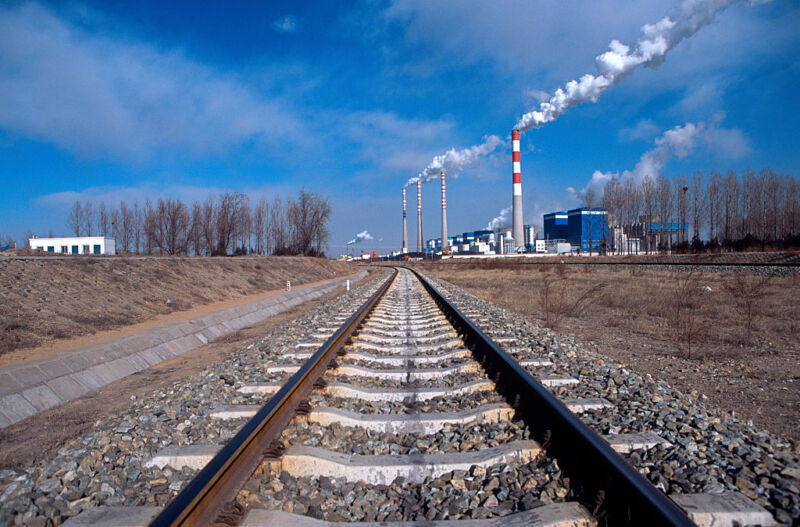China to stop building coal plants in developing nations

Chinese President Xi Jinping used his speech to the United Nations General Assembly to announce a major new step towards controlling global emissions. After reiterating his own country’s climate pledges, Xi said that China would start making it easier for other countries to keep emissions in check: new support for renewable energy projects and an end to construction of coal plants.
China finances a lot of infrastructure projects in developing economies as part of its foreign policy efforts; these often have the side benefits of involving Chinese companies and engineers. When these projects involved production of electricity, they often involved China’s most heavily used source: coal. As such, the number of coal plants slated for construction in the developing world was large and raised legitimate questions about the prospect of meeting any global carbon emissions targets.
China had already committed to having its emissions peak at the end of this decade and to reach carbon neutrality by 2060. But until this point, its development banks were continuing to finance coal plants, and its companies would often construct them. In a recorded speech played at the UN today, however, Xi indicated that this would stop: “China will step up support for other developing countries in developing green and low-carbon energy and will not build new coal-fired power projects abroad.”
That was the full extent of his words on the topic, however, so that leaves out plenty of details regarding the timing and extent of the halt. The most critical issue will be how far along projects will have to be before they’re allowed to continue.
The move makes sense for everyone involved. Renewable power is now the cheapest option nearly everywhere on the planet, and China manufactures much of the hardware needed for solar and wind power. It also follows similar decisions by Japan and South Korea. Combined, these decisions will likely put a hard cap on the number of coal plants built and significantly limit the future export market for coal.
https://arstechnica.com/?p=1797228